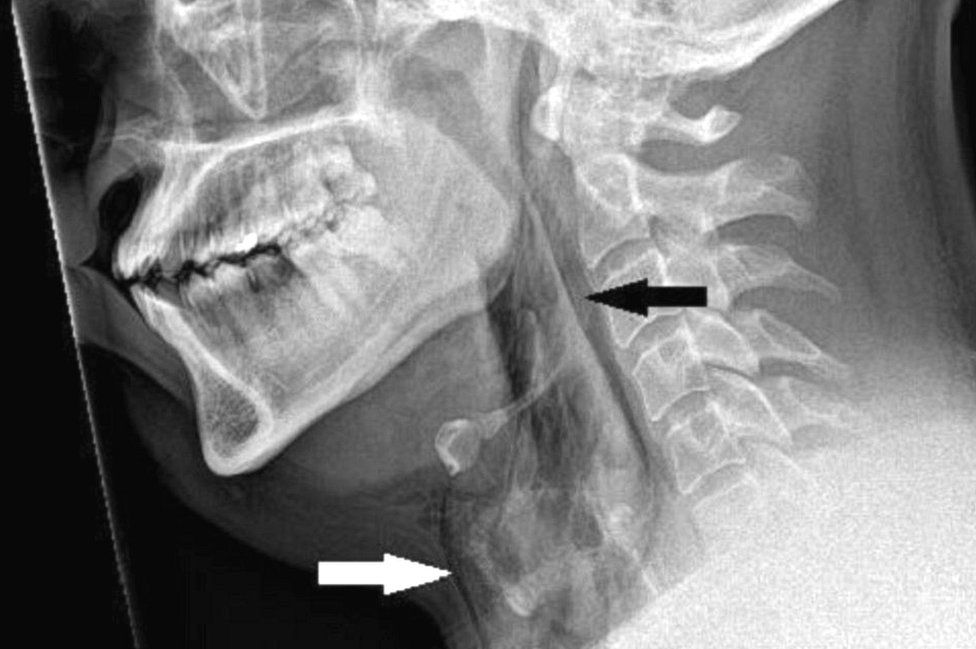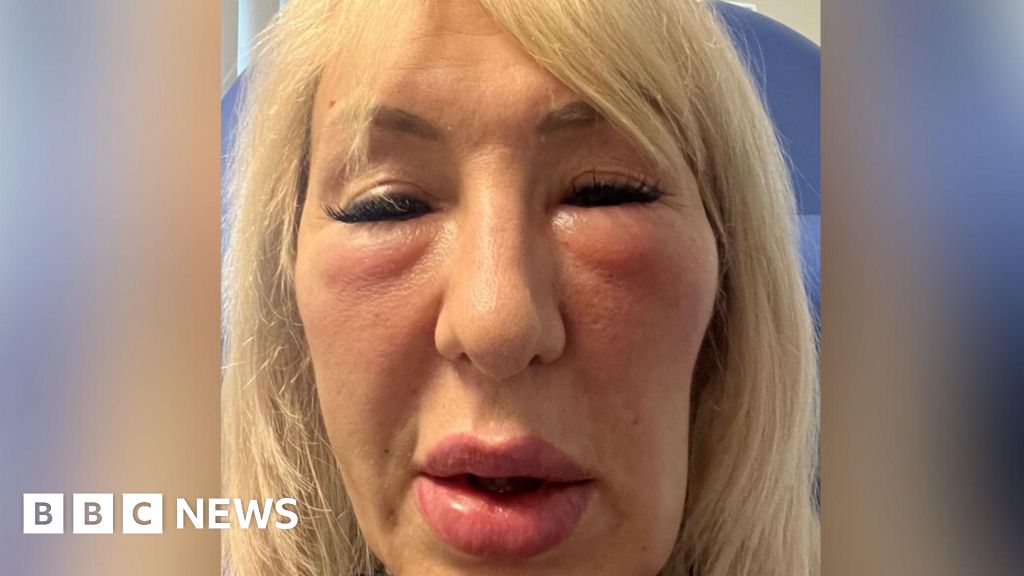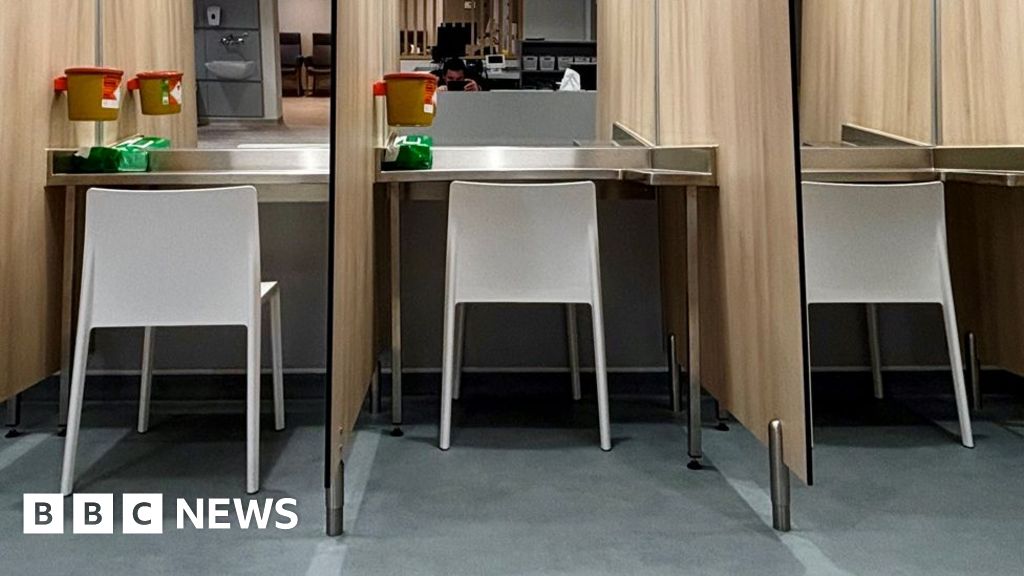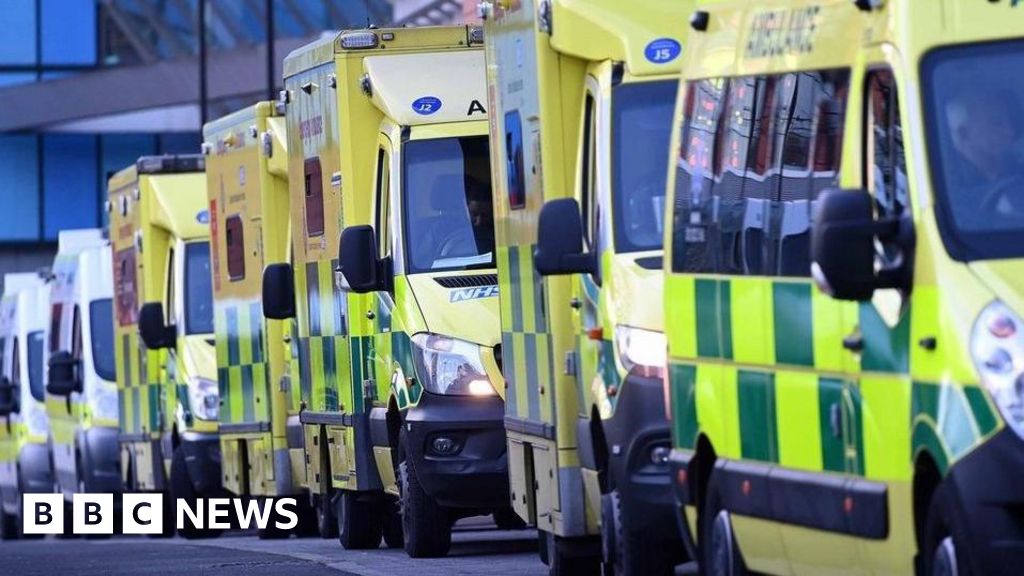 Image source, BMJ
Image source, BMJ
Hospital scans revealed a 2mm perforation in his windpipe.
Doctors have issued a warning after a man tore a hole in his throat while trying to stop a sneeze.
The patient in his 30s was taken to Ninewells Hospital, Dundee, in severe pain after he pinched his nose and closed his mouth to stifle the sneeze.
Scans revealed he had suffered a 2mm tear in his windpipe.
University of Dundee medics said if both mouth and nose are closed during a sneeze, the pressure in the upper airways can increase by about 20 times.
This can also lead to injuries including ruptured eardrums, aneurysms and even broken ribs.
When doctors examined the patient they heard a cracking sound after touching his neck and found he did not have control of movement.
The unnamed man, who was driving at the time of the sneeze, had a history of allergies and throat irritation.
Image source, Getty Images
Image caption,Medics advise not to stifle sneezes by holding your nose and closing your mouth at the same time
The patient did not need surgical treatment and was kept in hospital for observation.
He was discharged and given painkillers and hayfever medication. Doctors also advised him to avoid strenuous physical activity for two weeks.
Five weeks later a scan showed that the tear had healed.
Dr Rasads Misirovs, the report's lead author, told BBC Scotland News that people should let sneezes out, as they are the body's natural defensive mechanism to expel irritants from nasal passages.
He said: "We should gently cover the face either with our hand or inner side of elbow to prevent the irritants such as viruses, together with saliva, mucus reaching others around us.
He added that there are some methods people can use to stifle sneezes without closing both their nose and mouth.
"I personally have used another technique by pressing a thumb on my upper lip, just under the nose, without blocking nasal passages for a few seconds - that works for me.
"By leaving nasal passages open, the sneeze can escape if the stifling does not work."
A sudden throat tear, known medically as a "spontaneous tracheal perforation" is rare and can be potentially life-threatening.
Only a few cases have been reported, including one in 2018 when a man in Leicester also tore his throat by trying to hold in a sneeze.
Related Internet Links
The BBC is not responsible for the content of external sites.
 (1).png)
 1 year ago
14
1 year ago
14


















